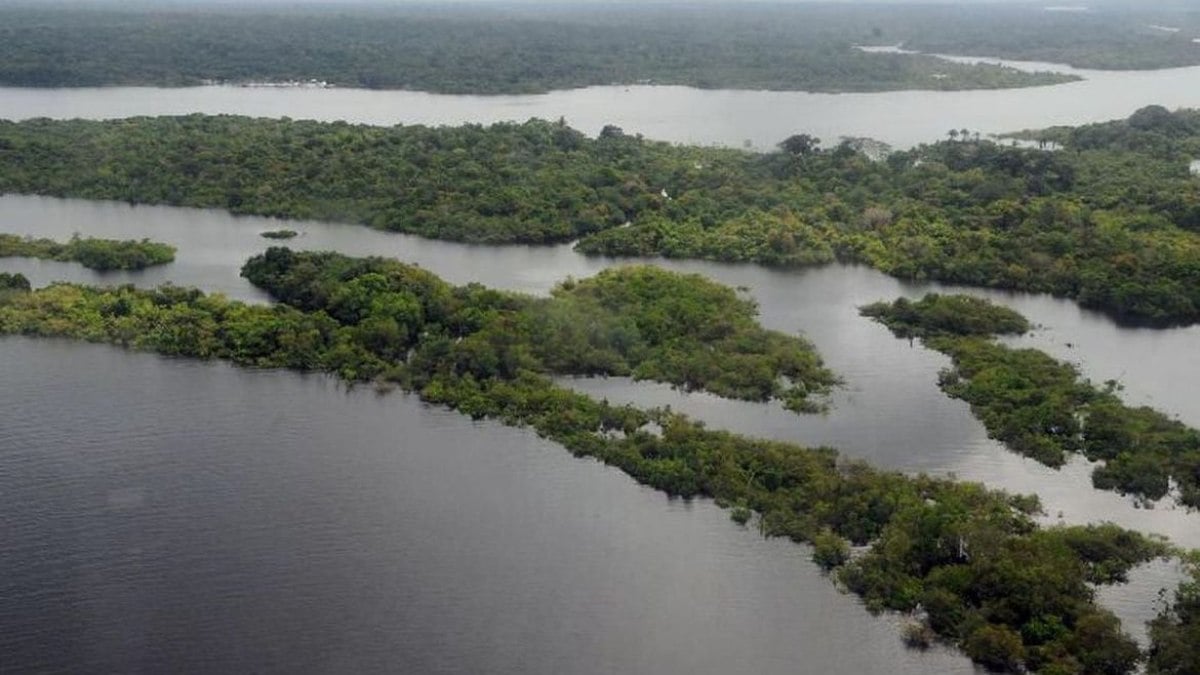Amazon
A group of 17 developing countries, including Brazil, sent a letter to the European Union criticizing the law passed by the bloc to ban the import of products from deforested areas.
The document was sent on September 7 to the Presidents of the European Commission, Ursula von der Leyen, the President of the European Council, Charles Michel, and the President of the European Parliament, Roberta Mizzola, and cites, according to the Brazilian Ministry of Foreign Affairs, “concerns about the punitive and discriminatory character of EU regulations.”
The letter also calls on Brussels “to maintain an effective dialogue with producing countries, with the aim of avoiding disruptions in trade and an excessive burden on producers of agricultural goods and their derivatives covered by the measure,” according to Itamaraty.
From the Brazilian point of view, the EU law against deforestation contravenes “the principles governing international trade” and presents “errors and imbalances in the economic, social and environmental aspects of the problem it aims to address, in a way that is inconsistent with an effective guarantee of sustainable development.”
In addition to Brazil, Argentina, Bolivia, Colombia, Ivory Coast, Ecuador, Ghana, Guatemala, Honduras, Indonesia, Malaysia, Mexico, Nigeria, Paraguay, Peru, the Dominican Republic and Thailand signed the document. Uruguay, one of the Mercosur countries negotiating a free trade agreement with the EU, is not a signatory.
The regulation entered into force on June 29, 2023, and, according to the Emerging Countries Charter, “ignores local conditions and capacities, national legislation and certification mechanisms of producing developing countries, as well as their efforts to combat deforestation and commitments made in multilateral forums.”
“Furthermore, it creates a unilateral risk assessment system that is inherently discriminatory and punitive, and may not be consistent with WTO obligations.” [Organização Mundial do Comércio]”, the text states.
The emerging countries add that the EU “should work to correct the legislation, or at the very least, seek to mitigate its most harmful effects through implementation guidelines that adequately value sustainable local practices in agricultural value chains.”
The letter also accuses Brussels of inflexibility and says the legislation “will not have a positive impact on deforestation rates” and could even “result in other negative impacts, such as increased poverty.”
According to emerging countries, requirements for geolocation, traceability, certification and customs controls can exclude even small producers who do not deforest, due to the high costs involved in these processes.

“Music fanatic. Professional problem solver. Reader. Award-winning tv ninja.”






More Stories
Couple retakes glacier photo after 15 years, surprised by changes: ‘It made me cry’
Two killed in hotel collapse in Germany – DW – 07/08/2024
Lula speaks for half an hour on phone with Biden about Venezuela’s electoral impasse | Politics